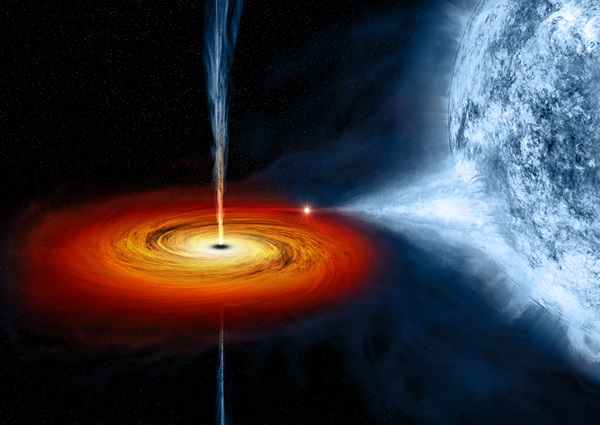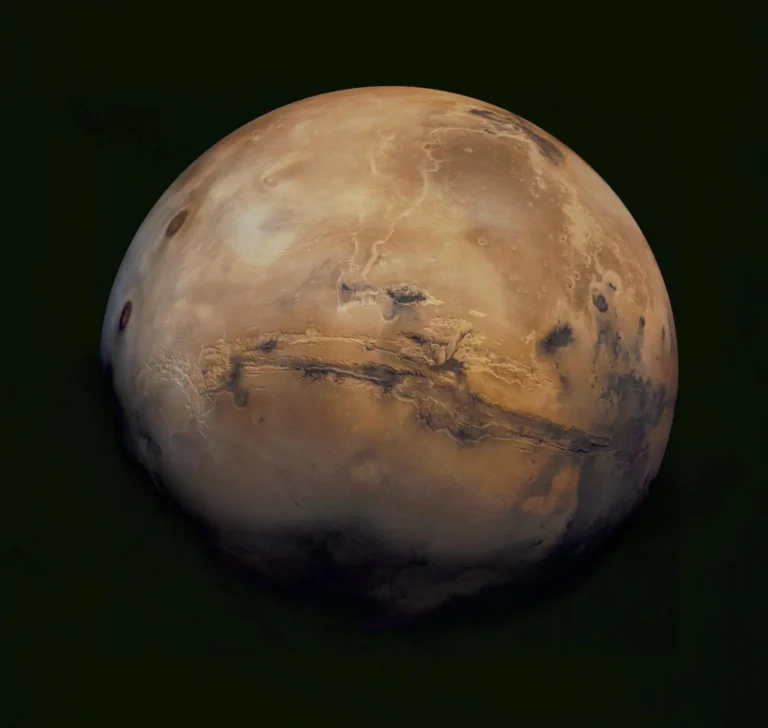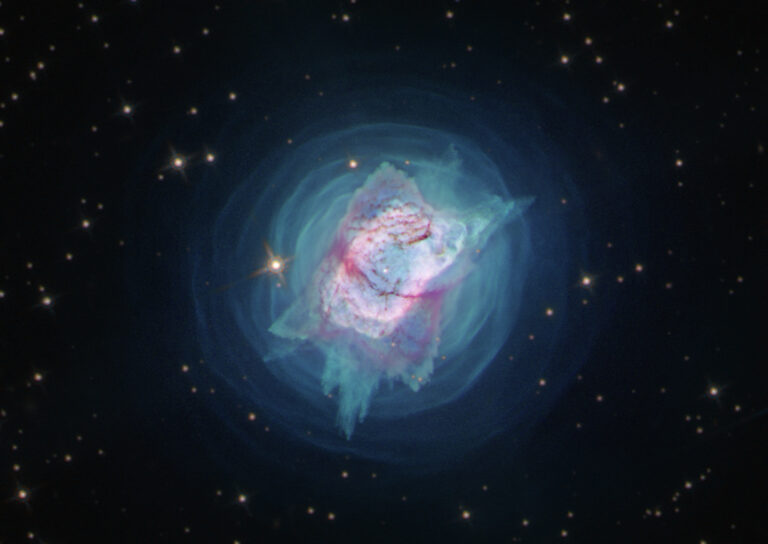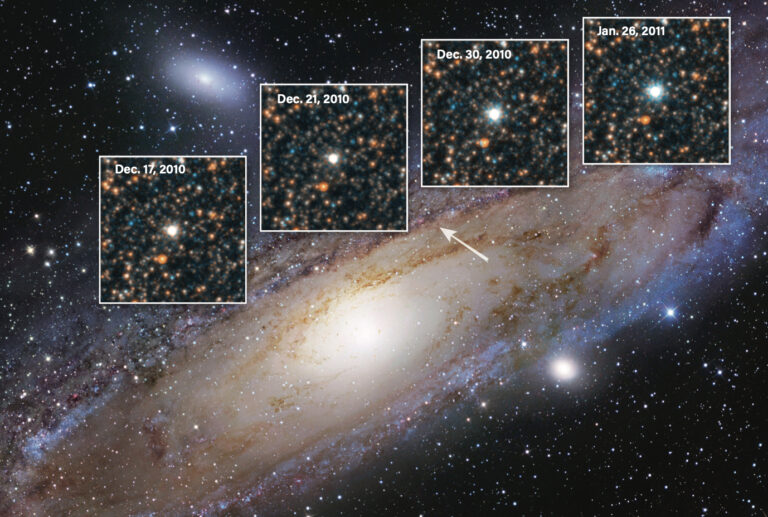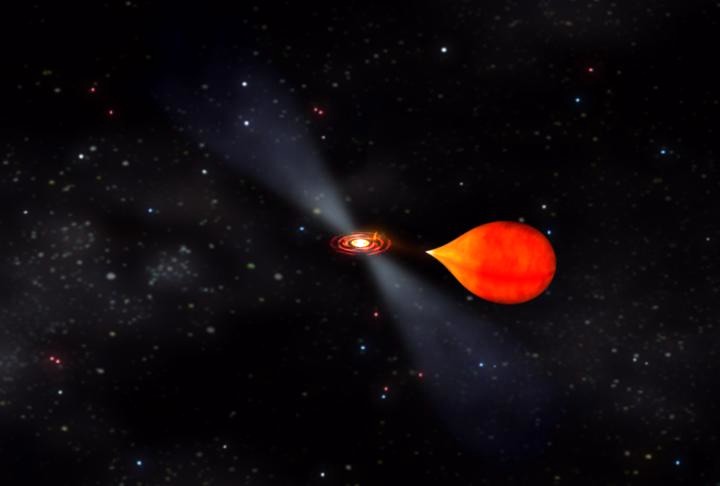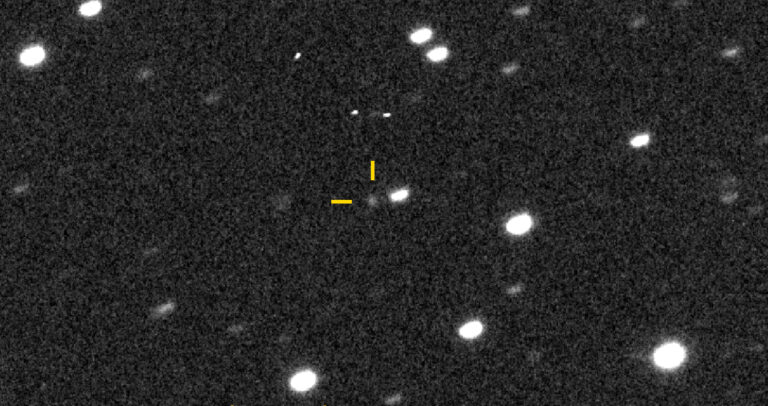Key Takeaways:
A simple description is that the infinite density of the singularity corresponds to the finite mass of a star collapsed to a point. The density is infinite but the volume infinitesimal, so the mass is still finite. The true description is a bit more complex due to the distortion of space-time that the concentration of mass produces.
However, we believe that the general theory of relativity of Einstein stops being valid before the star shrinks to a point and has to be replaced by a more general theory that takes quantum effects into account. There is no general agreement yet on what such a theory looks like. There are some preliminary indications that such theories would replace the singularity with a region of large density and large quantum fluctuations.
Jorge Pullin
Professor and Hearne Chair of Theoretical Physics, Louisiana State University, Baton Rouge, Louisiana
Professor and Hearne Chair of Theoretical Physics, Louisiana State University, Baton Rouge, Louisiana

